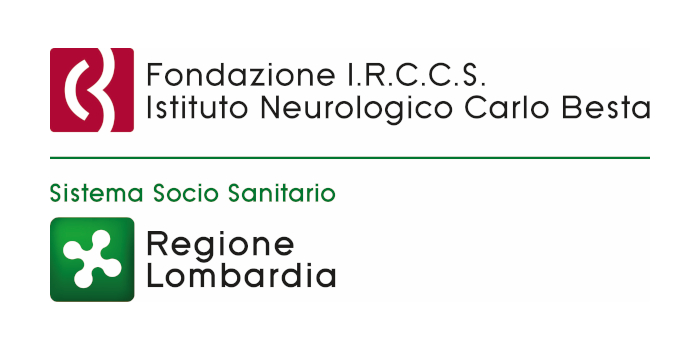SPECIAL SESSION #4
Using Extended Reality and Artificial Intelligence for Mental State Detection with Passive BCIs
ORGANIZED BY
Selina Christin Wriessnegger
Institute of Neural Engineering (BCI-Lab), Graz University of Technology, Austria
Nicola Moccaldi
ARHeMLab of Federico II University of Naples, Italy
ABSTRACT
Cognitive and emotional conditions can be monitored in real-time using Artificial Intelligence applied to electroencephalographic signals and more generally to biosignals. Wearable devices allow more and more to acquire signals in daily life, at work, or in healthcare settings.
On the one hand, eXtended Reality is an emerging resource for calibrating mental health monitoring devices. On the other hand, mental state monitoring can create adaptive applications based on extended reality.
MAIN TOPICS
This special session will host contributions on:
- XR&BCI-based bio-neurofeedback trainings;
- EEG-based emotion monitoring;
- Data fusion to investigate brain activity;
- Adaptive, real-time learning environment based on the mental states of the users;
- "Affective computing" with deep learning methods;
- Domain adaptation and generalization for biosignal-based mental state detection;
- Standardisation of XR stimuli in psychometry based on biosignals.
ABOUT THE ORGANIZERS
Selina C. Wriessnegger received her M.S. degree in Psychology at the Karl-Franzens University in Graz Austria in 2000. In 2005 she received her Ph.D. in Cognitive Neuroscience from the Max-Planck-Institute for Human Cognitive and Brain Sciences and the Ludwig-Maximillians-University, Munich, Germany. During her Ph.D., she was for one year visiting researcher at IRCCS Santa Lucia Foundation, Department of Neuromotor Physiology, in Rome, Italy. Since 2020 she is Associate Professor and deputy head of the Institute of Neural Engineering, Graz University of Technology, Austria. Her main research areas are the Neural correlat es of motor imagery, the development of passive Brain-Computer Interfaces (BCI) for healthy users, the fusion of BCI technology with VR (virtual reality) environments, and affective computing. To address the related scientific questions, different neuroimaging methods like EEG, fMRI, and fNIRS together with physiological parameters (GSR, ECG) are used to investigate brain activity and networks of higher-level cognition in different modalities.
Nicola Moccaldi received an M.A. degree in Communication Science at the University of Salerno, an M.Sc. degree in Electronic Engineering, and a Ph.D. in Information Technologies and Electrical Engineering at the University of Naples Federico II. He is responsible for the Passive Brain-Computer Interface research line of Augmented Reality for Health Monitoring Laboratory (ARHeMLab) of Federico II the University of Naples. He conducts studies based on the use of electroencephalography to measure emotion, attention, stress, and engagement.







































